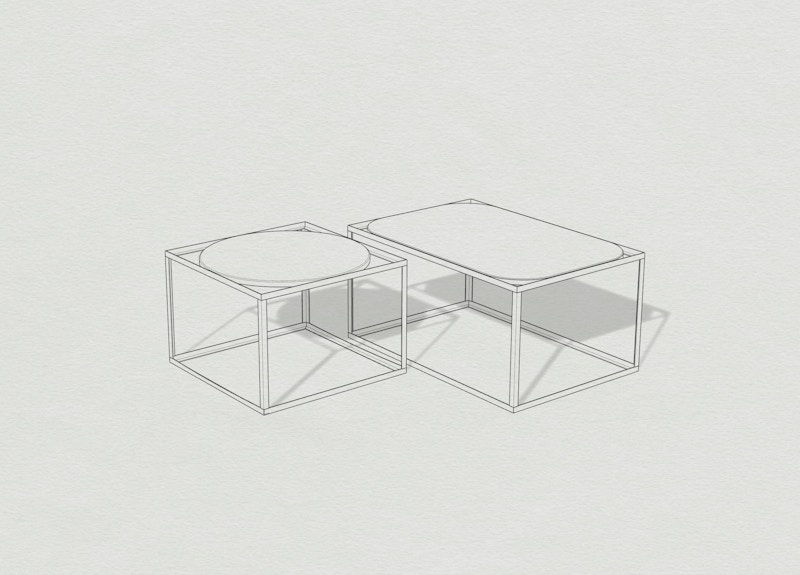
Bainbridge
WELCOME.
At Christian Watson, our furniture is intended to endure a lifetime of use, which is why we go to great lengths to obtain the highest-quality materials. Below is a guide to caring for your furniture. However, it is important to remember that all our finishes and materials are prone to aging over time and will discolour and show signs of wear from sunlight and daily use. (All of our products are designed for indoor use unless otherwise specified.)

HEAT.
Most furniture doesn’t like direct heat sources for a long periods of time, this can lead to unexpected damage to the frame that may not be immediately visible. A general rule of thumb is to keep a distance of around 30/35cm (300/350mm) of space between sources such as radiators and your furniture. Direct heat will damage the surface, like hot cups of tea and coffee, as well as pots and pans, and serving plates that are not placed onto a trivet/coaster will damage the surface. Heat over a prolonged period of time may cause the surface to discolour and/or crack.
DAMP.
It is not advised to leave your furniture in a damp environment for long periods of time as damp can cause the metal to rust. Rust is detrimental to the surface as well as the structural integrity of the product. Damp can be prevented by removing moisture from the air using a dehumidifier and/or by heating the room to an ambient room temperature.
If any rust is found, we recommend removing it from the room to stop the spread to other metal surfaces as well as to prevent mess. Unfortunately, rust is irreparable, and the product will have to be replaced. (fees will apply)
METAL SURFACE FINISH.
To clean the surface finish we recommend using a clean, dry cloth with no loose hairs, such as a microfiber cloth and avoid using any chemical or solvent based agents. Instead, use soapy water or any plant-based all-purpose cleaner. Apply sparingly and do not leave any residue on the surface. For hard to reach areas a soft clean, dry brush can also be used to good effect.
MIRROR AND GLASS
All of our mirrors are backed with foil and glued on to a backing that protects it from shattering, keeping it in one piece if it breaks. If the mirror does break, take extreme caution in cleaning up, as glass particles and shards can escape, travel far, and be very difficult to see.
We recommend regularly cleaning the area for several days afterwards. When disposing of broken glass, it is important to remember the following: (protocol may differ to you area, check with your local council)
- Broken mirror and glass cannot be recycled and should not be placed into a recycling bin.
- Carefully wrap the broken glass/mirror and place into a black refuse sack. We recommend using two sacks to prevent any glass escaping.
- Label the refuse sack with a caution label, warning the collection workers, as they can easily be injured by the shards if not made aware.
To clean the mirror of smudges and light marks or stains we recommend using mirror wipes. For larger more difficult stains, we recommend using a organic plant-based cleaner. Spray glass cleaner gently on to a cloth with no loose hairs and gently wipe the surface until clean.
The frame surface is very durable but chemicals can react badly and damage the frame. When cleaning the mirror surface, avoid getting chemicals on the surrounding frame. If the surrounding frame is exposed to the cleaner, wipe off immediately with a clean, dry, absorbent cloth.
Do not exceed load capacity stated in technical specifications.
All our glass and mirrors are backed with black medium density fibreboard. While a safe and resilient material, we recommend that you remove any moisture from the surface that can arise from any spillages with a clean, dry, absorbent cloth with no loose hairs and wipe down until dry.